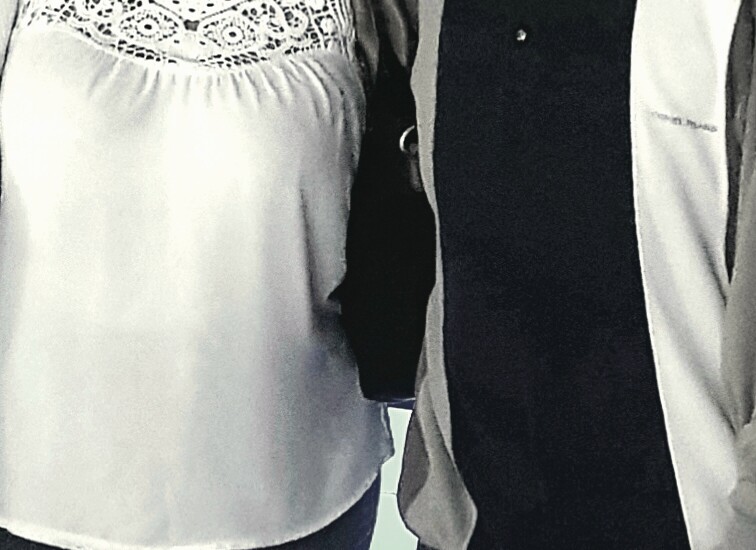More people choosing to spend final days at home
Padraig Conlon 15 Oct 2020
VISITING restrictions in hospitals have led to an increase in the number of people wanting to spend their final days at home.
The Irish Cancer Society say they have experienced a surge in requests for home-based palliative care.
Unfortunately, they are also currently struggling to recruit nurses to fulfil demand.
Crumlin woman Tracey Kinsella has spoken of the importance of having an Irish Cancer Society Night Nurse by her father Robert’s side during his last days in August.
“When Annemarie, our Night Nurse, came to our home, she took us all under her wing,” she said.
“She made dad comfortable and gave us all such vital reassurance.
“One aspect of our Night Nurse that I found so amazing was how she spoke to my sleeping dad with so much dignity.
“She constantly told him the family was around him and that we would all be fine,” Tracey revealed. “Support, dignity, understanding and expert knowledge. That’s exactly what Annemarie brought into our family home.
“We all knew we’d be okay for those hours she was there during the night time.”
Requests for the Night Nursing service have increased by almost 50 per cent in some parts of the country when compared to 2019.
The increase is being driven by the restricted visiting arrangements in hospitals due to Covid-19, according to the Irish Cancer Society’s Director of Services Delivery Donal Buggy.
“Family members naturally wish to be close to their loved ones in their final days and hours, but sadly current restrictions around Covid-19 mean that for many this is simply not possible in the hospital environment at the moment,” he said.
“This has led to our Night Nursing Service experiencing a significant increase in requests for end-of-life care in the home for cancer patients since the start of this year.
“In Kildare demand is up by almost 50 per cent compared to last year, with 20 per cent more requests received in Dublin compared with 2019.
“We urgently need more Night Nurses to allow us to keep offering this valuable service to anyone who needs it.”
Director of Advocacy at the Society, Rachel Morrogh, also spoke of the importance of early diagnosis for cancer patients.
“It is clear that the double whammy of chronic underfunding and Covid restrictions could lead to delayed diagnosis and treatment for cancer patients,” she said.
“Anything less than the full resourcing and investment needed to avoid this situation is unacceptable.”
Ms Morrogh added: “Cancer patients need to be diagnosed and treated at the earliest opportunity, so they stand the best chance of survival and having a good quality of life.”
The Night Nursing Service provides free care to palliative patients being cared for by family and friends in their homes.
The service gives help and support to these carers, especially at the advanced stage of the patient’s illness.
The Night Nursing Service is always complementary to both the community Palliative Care Team or the community Primary Care Team.











